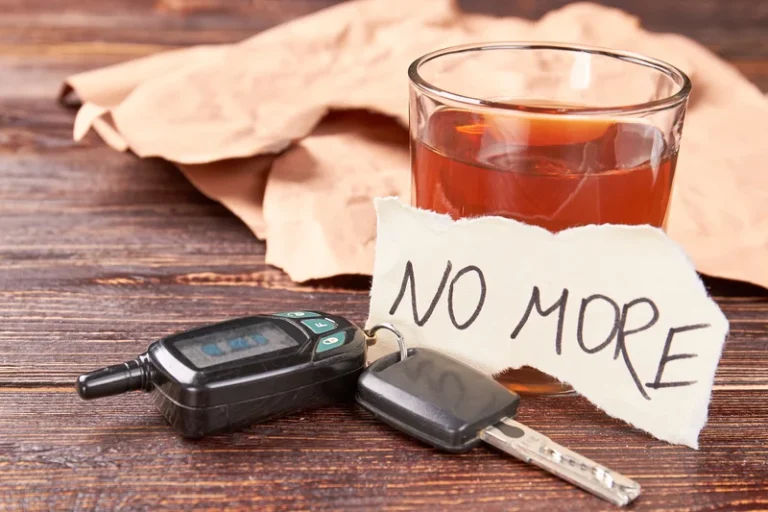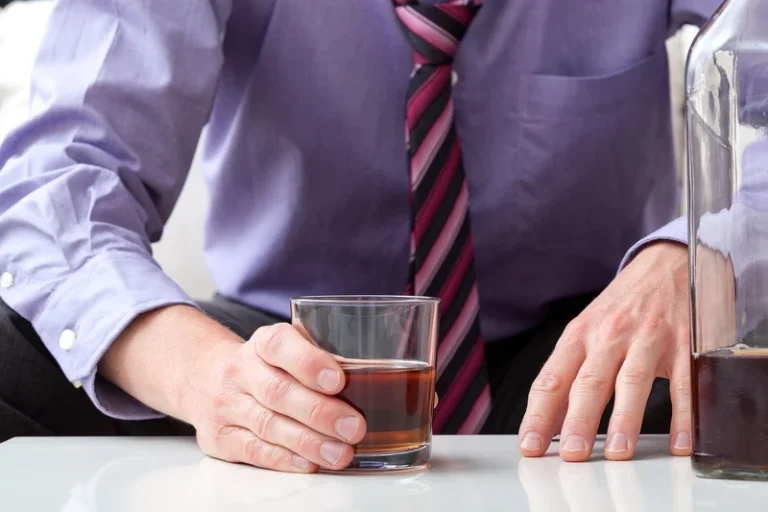The Connection between Narcissism and Alcohol Abuse

A narcissistic personality disorder is also an illness that has been linked with alcohol over time. However, alcoholism often makes individuals display narcissistic behaviors in some cases. Most of them usually exhibit traits such as defensiveness, arrogance, and selfishness. However, it is important to note that not all alcoholics are narcissists and not all narcissists are alcoholics. Most of these attributes mentioned above are usually seen in narcissists. People suffering from NPD have a higher chance of abusing alcohol.
What does NPD Mean?
It is an ailment whereby an individual has a bloated sense of vanity, and it is a prevalent attribute among men. Experts say the environmental and hereditary reasons are responsible for egotism. We can classify narcissism into two different varieties; they are as follows: overt narcissism and covert narcissism. When someone has ostentatious narcissism, the individual is scheming, hostile, as well as proud.
Vulnerable narcissism happens when the individual is cynical, self-doubting, then consciously susceptible as a result of shame. Individuals with this type of disorder do not possess confidence.
According to the report of The Library of Medicine of the United States of America, The NDP or Narcissistic Personality Disorder is a continuous pattern of pretentious attitudes and egotistical behavior coupled with an irresistible thirst for respect as well as a lack of compassion for other individuals.
However, this article is here to discuss a connection linking narcissism and alcohol use disorder. You might be wondering if there is a connection between these two problems? You will know more about the topic in this write-up.

Take back control of your life and start on the road to recovery now.
Alcoholism and What Should We Know About It?
Generally, alcoholism can be characterized as the overdependence of an individual on alcohol. It is an abnormal fascination for alcoholic beverages, and some people usually make excuses for engaging in them. A report from the United States Library of Medicine has shown that close to 18 million Americans suffer from alcoholism, and it is a worrisome menace.
We listed some signs that you need to watch out for:
- Craving for excessive alcoholic drinks.
- Drinking more alcohol than necessary.
- Depression and anxiety.
- When it obstructs other important facets of life such as family, job, and education.
- Engaging in continuous drinking despite the problems associated with it.
- Endangering one’s life as a result of the uncontrolled desire for drinking.
Alcoholism: The Effects on Narcissists

The varieties of narcissism mentioned above are connected with alcohol, and people with flamboyant narcissism are swift to use alcohol to cover up their acts. Persons with grandiose narcissism often do not agree they have drinking problems and argue that their alcohol consumption pattern is not abnormal.
With vulnerable narcissists, alcohol is employed to conceal a fundamental shame in their personal lives. Over-consuming alcoholic drinks are their subtle strategy to suppress their problems, and this leads to abnormal consumption of alcoholic drinks. These persons are quick to refute claims that their alcohol consumption is abnormal whenever they are confronted, unlike their counterparts who are grandiose narcissists.
Similarities between Alcoholics and Narcissists
These are the following similar traits that are commonly found among narcissists and those addicted to alcoholic beverages.
- They are self-seeking and feel entitled. They do not value their family members, they also show selfishness when it comes to choosing their needs over their family needs. Most narcissists want their friendship and relationships to serve them while alcohol addicts place a premium on drinking.
- A narcissist considers himself or himself superior to everyone and wants to be the center of attraction while persons suffering from alcohol use disorder are obsessed, and cannot quit easily.
- Narcissists rarely accept being wrong, and would rather blame other persons. Individuals who cannot do without alcohol also fail to admit that being addicted needs their commitment to giving up.
- While those addicted to alcohol often use drinking to cover up shame, narcissists conceal their shame and guilt-trip other folks for their errors.
- Both patients, alcoholics, and narcissists are defensive whenever they are confronted by other people with facts. These individuals utilize this withdrawal strategy to avoid being criticized.
- Narcissists will do anything to bloat their ego and alcoholics also avoid talks about quitting alcohol.
- Individuals with alcohol issues would prefer to indulge in drinking than find a means to overcome their insecurities. Narcissists dislike the idea of reflecting on their habits that cause people around their pain.
- Narcissists and arrogance are inseparable, as these persons are quite scheming. Individuals with alcohol addiction show fake emotions.
Differences Between Alcoholism and Narcissism
Despite sharing related attributes, these disorders differ from each other. Here are some differences you should pay attention to:
Patients with NPD are afraid of condemnation and constructive evaluation, and they are less liable to admit to making mistakes. They are renowned to be rigid, while alcoholics hardly remember their actions, especially when they are under the influence of alcoholism. On the other hand, alcohol addicts are quick to own up to their faults when their minds are free from the alcohol influence.
Individuals battling with alcohol use disorder understand that they need to alter their attitude. Individuals coping with a narcissistic personality disorder will never admit when told that there is a need to change their habits.

This can be a difficult journey, but you don’t have to go it alone. Let us be your guide and provide you the environment needed to regain control of your life and begin the path to recovery.
Plans For Treatment
The treatment plans for these disorders are numerous, and these include:
- Dual Diagnosis Treatment (NPD and Alcoholism)
- Prescription
- Behavioral therapies
Individuals who undergo dual diagnosis usually have alcohol use and mental health disorder, and their signs are glaring. However, it is a staggering task to make a diagnosis and treat both disorders. It is critical to note that alcoholics are likely to be cynical; also it is one sign of narcissistic personality disorder. It is an excellent idea to talk to specialists before starting any treatment plan.
If you or your family need help but feel fear or discomfort, join us at ecosoberhouse.com. We will help you get back on the road to recovery. There’s no wrong time, just contact us.




